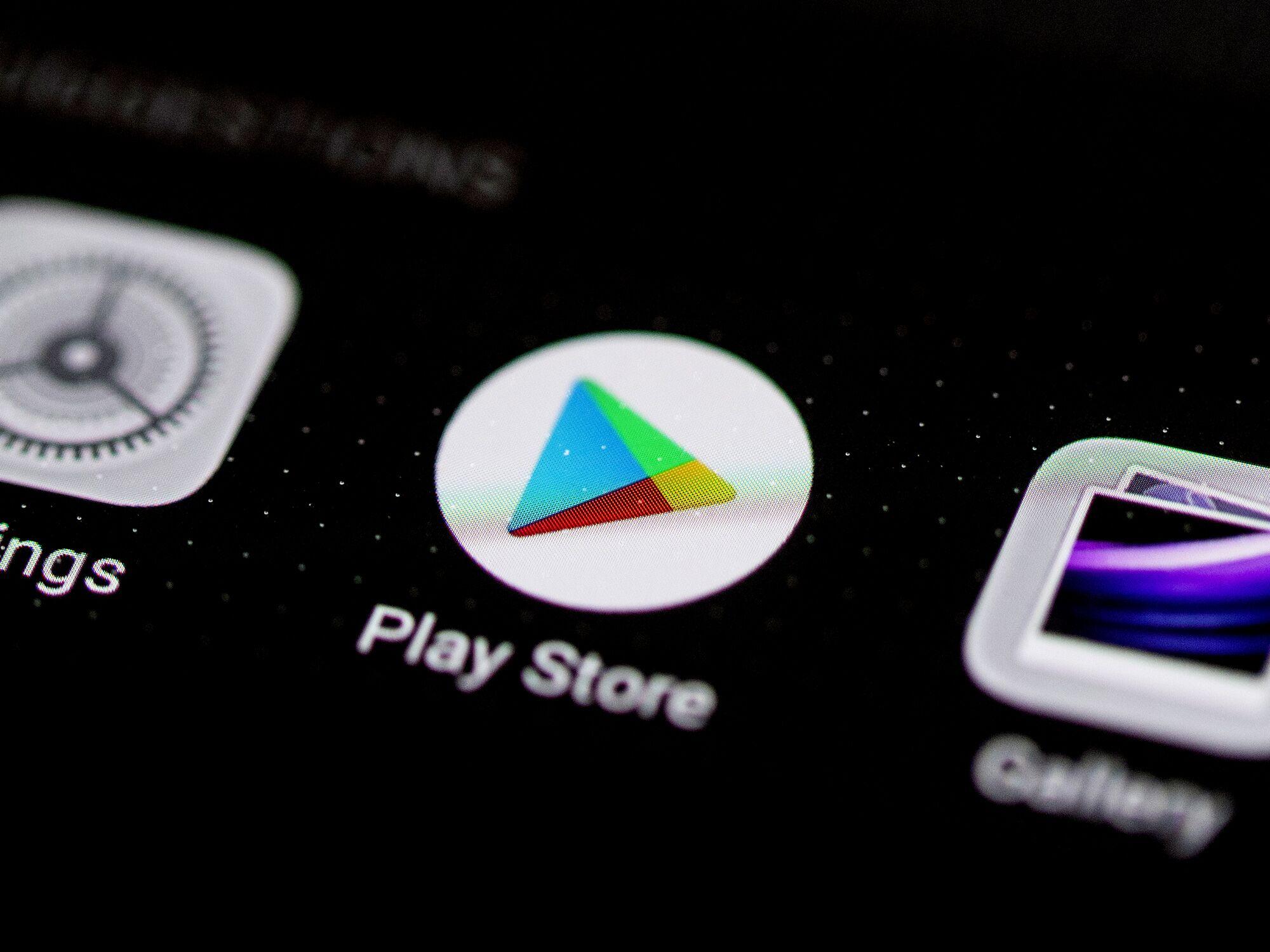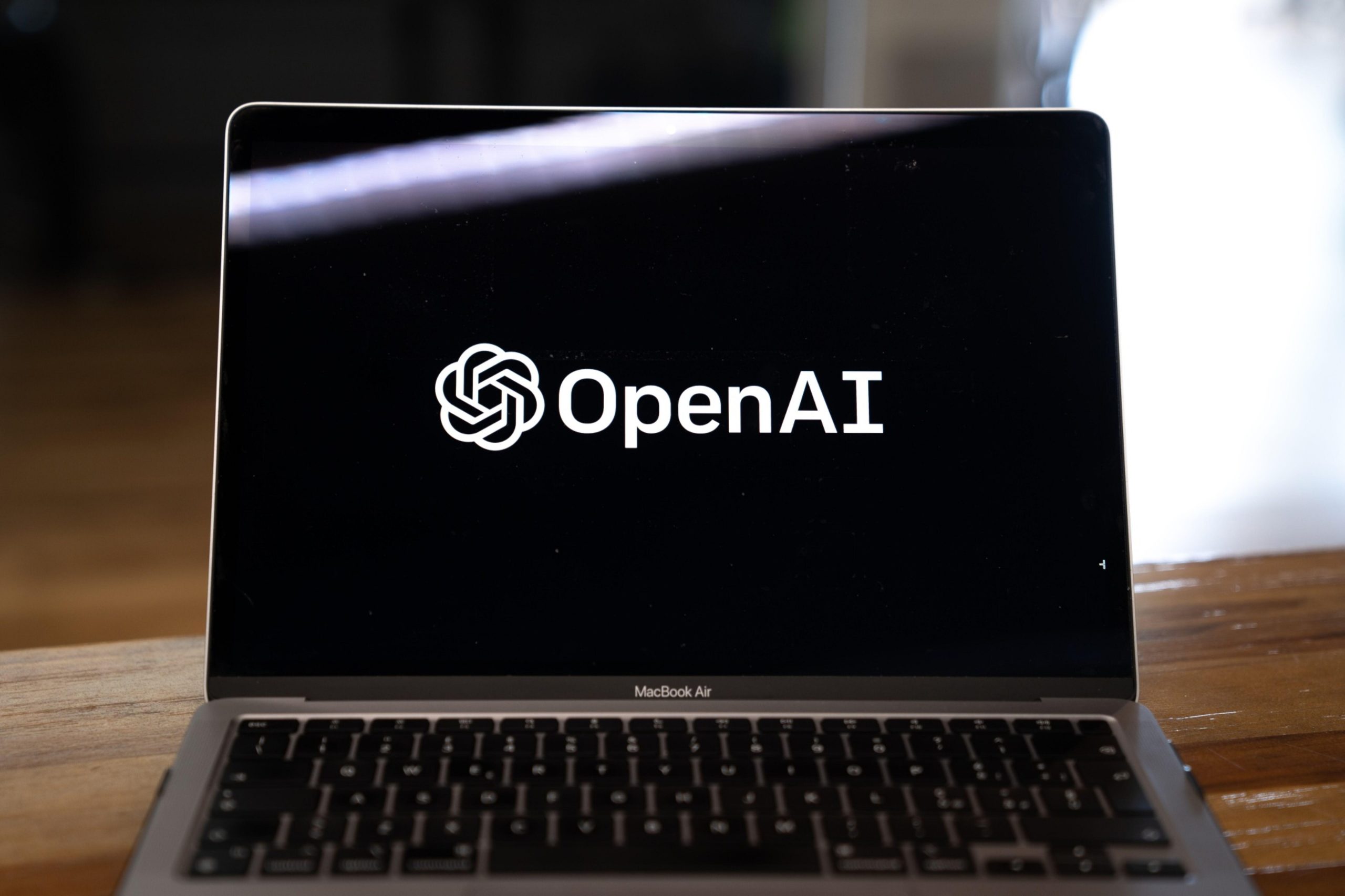Let us closely understand what the Epic vs Google case was.
What is Epic Games?
Epic Games is an American video games and software development company based out of North Carolina. It has made several video games, including Valorant, Grand Theft Auto and Unreal. But it is most widely known for its game Fortnite.
Why did Epic Games file a case against Google?
Epic’s Fortnite is a free-to-play game that makes money by selling in-game items with its virtual currency, V-bucks. However, Epic Games alleged that when a player makes an in-game purchase, it triggers an in-app fee to Google as well as Apple. Critics call it “Google Tax” and “Apple Tax”.
In 2020, Epic deployed an update to the game that allowed players to purchase V-bucks directly through its own payment processing mechanism. Moreover, the players were also given discounts for purchasing via Epic’s mechanism. Google and Apple removed the Fortnite app from their respective app stores.
Epic vs Apple case
The company moved against Apple for alleged unfair monopolisation of the mobile app space. However, a California court ruled mostly in favour of Apple and ordered Epic to pay damages for violating its developer agreement with Fortnite. The case is currently in the US Supreme Court.
Epic vs Google case
Epic Games moved to another federal court in the US against Google, claiming that the tech major makes it difficult for developers and users to get around its Android app store. It alleged that the app store’s fees have created an illegal monopoly which gives more money to Google and drives up app prices as other stores cannot compete.
Moreover, it said that Google makes it difficult to make payments on its Google Play app store from any other source apart from the Google Play payments platform. In fact, EPIC CEO Tim Sweeney suggested in a post on social media platform X that there should not be any Google fee at all.
In-app transaction prices are inflated by up to 30% by Google fees, versus 3% payment processing fees in competitive markets. If Google is ending its payments monopoly without imposing a Google Tax on third party transactions, we’ll settle and be Google’s friend in their new era.
— Tim Sweeney (@TimSweeneyEpic) September 6, 2023
What does the judgement mean?
The judgement is important as it may encourage other developers to move against Google for charging the “Google Tax”. Google, however, believes it will compromise the basic protections against sideloaded apps and damage Google’s ability to compete against Apple.
Has Google faced any such case in India?
Earlier this year, the Competition Commission of India (CCI) imposed a penalty of Rs 1,338 crore on Google for antitrust violations. CCI said Google abused its dominant position in the Android ecosystem.
CCI held that mandating pre-installation of the Google Mobile Suite, which includes Google search, Chrome browser, YouTube, Google Maps, and Gmail, amounted to “imposing unfair conditions on OEMs which is an abuse of dominant position” by the company.
The National Company Law Tribunal (NCLT) later upheld the fine but said that Google may not remove pre-installed apps like Google Maps, Gmail or YouTube from the mobiles. Moreover, NCLT allowed Google not to host third-party apps on its app store.
Both the parties, CCI and Google, have moved to the Supreme Court, and the case is likely to be heard in January next year.
Note:- (Not all news on the site expresses the point of view of the site, but we transmit this news automatically and translate it through programmatic technology on the site and not from a human editor. The content is auto-generated from a syndicated feed.))



